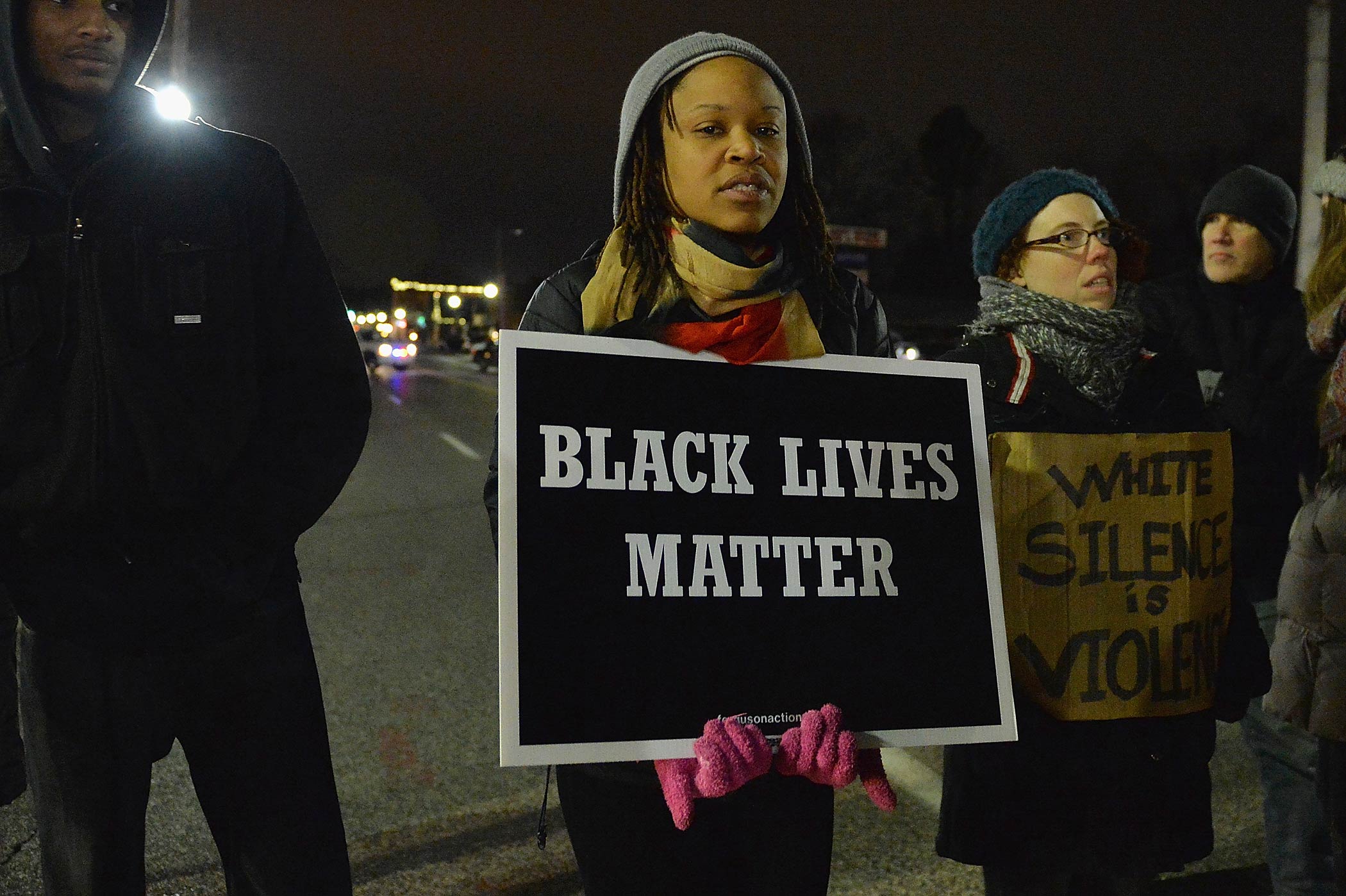
Previously in Time, I noted that the main question from the Ferguson debacle is: What is the situation that makes two young black men comfortable dismissing a police officer’s request to step aside? The Department of Justice’s report on the chilling degree of racism on the part of Ferguson’s police force answers that question. The Department of Justice report has shown us that black people in Ferguson have long experienced the police as a contemptuous occupying army. For someone of Brown’s age, a sense of the police as the enemy is ingrained as nothing less than a cultural heritage.
Sure, we can quibble with the idea that disparate outcomes always indicate discrimination. But this kind of reasoning only nibbles at the very plain indications of the Ferguson report. Anyone who reads the endless procession of stories of white cops being just plain evil to innocent black people for no real reason — and sees it as their just desserts — has no place in any reasonable conversation about race in America.
The Department of Justice report is an invaluable portrait of the black experience of the police in countless locations across the United States. Typically illustrated by scattered anecdotes, and usually making headlines only when a person gets killed, this experience with the police is susceptible to being dismissed as a distortion. Whites can say that they, too, have had less than positive encounters with cops. They can also say that as far as white cops occasionally killing black boys, black people are usually murdered by other black people, and that’s what ought to bother them. And you know what? Neither of those points are without value, nor do they make their utterer racist.
But the reason black America feels so besieged by the police goes beyond the occasional Mike Browns and Eric Garners or running into the occasional cop who is a little too happy to issue tickets. To be black in Ferguson has meant regular encounters with snarling authority figures with the power to detain, injure, and even kill if “necessary,” often for trumped up reasons, and not treating whites the same way nearly as often.
Who thinks humble, ordinary little Ferguson is for some reason unique? There isn’t Racist Juice in the water along with the fluoride there. The only question is why we would think this kind of abuse is not common in a great many other places. Anyone who claims Ferguson is an isolated case has the burden of proof here.
No, not every black person in Ferguson has been getting hurled about by the cops every week. Such things may never have happened to you at all; likely you only run up against it once. But it has also happened to your brother, your son, your cousin, that guy you know, that lady. It’s a community-wide experience. The cops, to you, mean something different than they do to somebody in Scarsdale. To read this DOJ report and still have no response but a harrumphing disapproval of Mike Brown’s distrust of authority is blinkered. Not racist, perhaps, but simplistic.
And while we’re at it, the report also helps make sense of Brown at the convenience store. Does it excuse it? No—that convenience store video is lowly indeed; there’s no hero there. But again, how shocked are we that, in a neighborhood where the main representatives of authority are so often monsters, some kids would feel less compunction about nabbing some cigars than ones in Brookline, Massachusetts would?
It is this treatment by the police that makes so many black people feel like racism is a key component of being black in America. Yes, some people exaggerate the issue. Black Americans do not live “under siege” and there is no “war on black men.” Plus, the resentment black men feel toward the cops can lead to a vicious cycle, where their disrespect conditions the same response in cops, and so on.
But I can guarantee that if just one generation of black men grew up with no reason to think of the cops as the enemy rather than as public helpers, then black America would be much better prepared to approach racism the way so many other groups have, and do — as an inconvenience rather than as an obstacle.
No self-regarding group of humans can be expected to brush off constant treatment like this as just “bad days” in an imperfect world. Towns like Ferguson need to be fixed — and, if they were, America would be fixed too.
More Must-Reads From TIME
- The 100 Most Influential People of 2024
- Coco Gauff Is Playing for Herself Now
- Scenes From Pro-Palestinian Encampments Across U.S. Universities
- 6 Compliments That Land Every Time
- If You're Dating Right Now , You're Brave: Column
- The AI That Could Heal a Divided Internet
- Fallout Is a Brilliant Model for the Future of Video Game Adaptations
- Want Weekly Recs on What to Watch, Read, and More? Sign Up for Worth Your Time
Contact us at letters@time.com